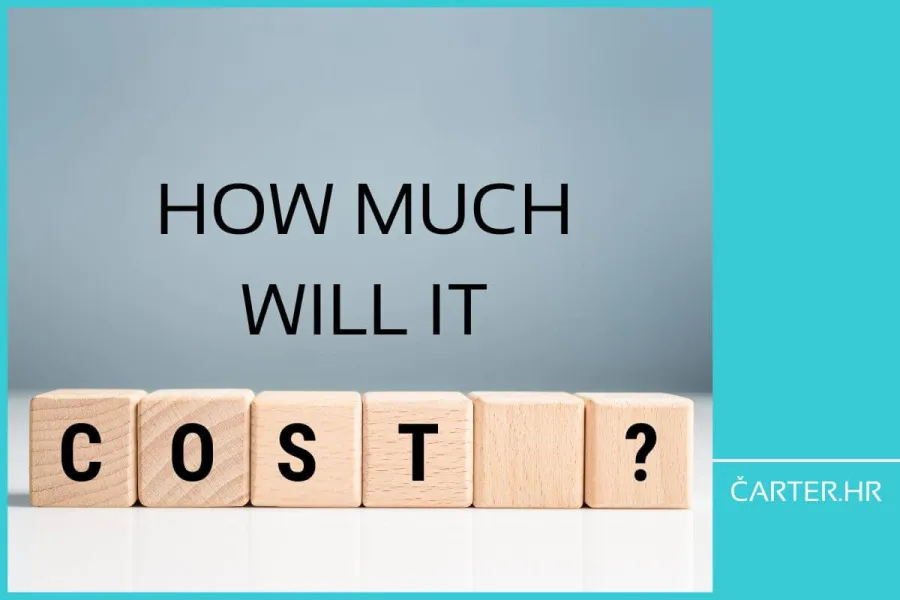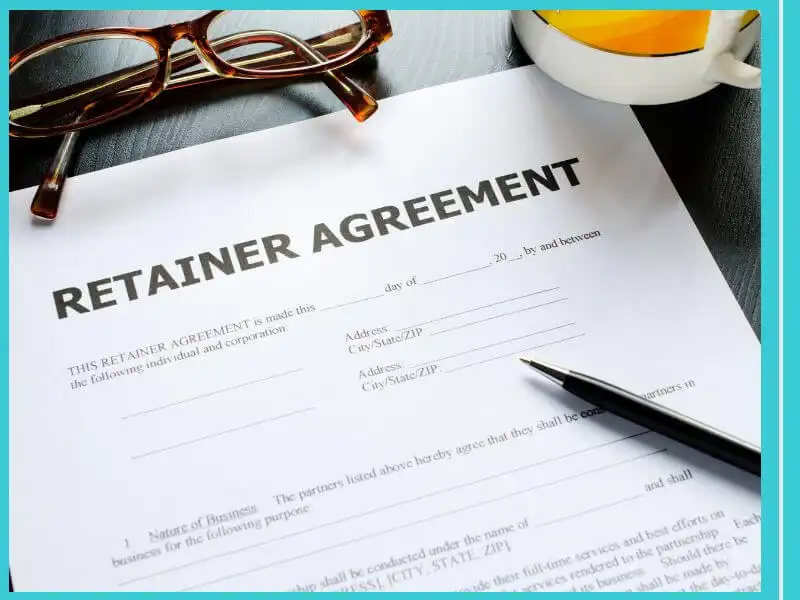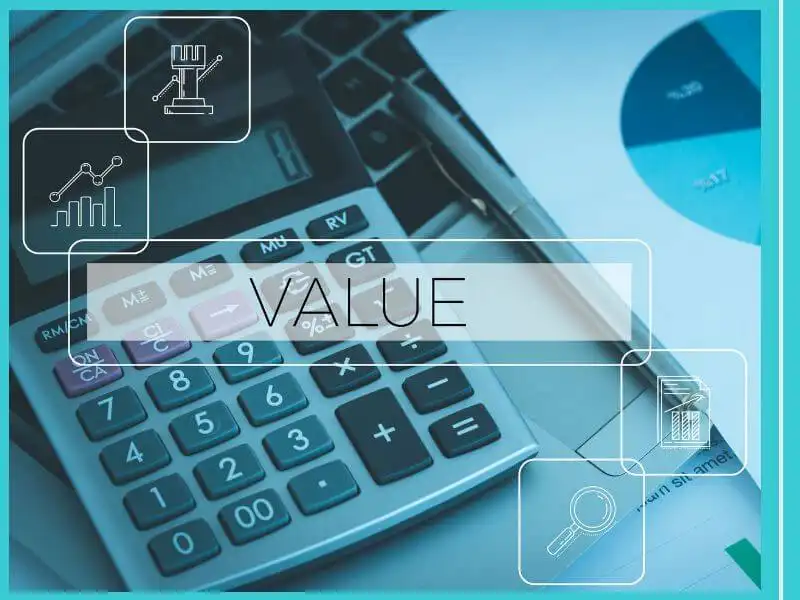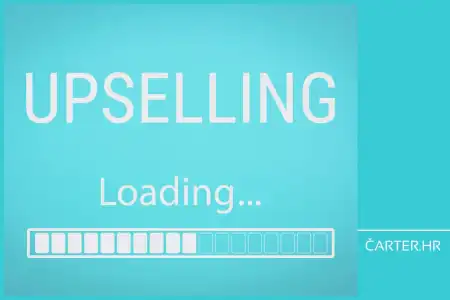
- 20.08.2024.
- News, Management
Are you looking for a business consultant but unsure about the costs or which pricing model would suit you best? In her new article, Andreja Fazlić outlines the most common pricing methods in business consulting and how to choose the one that will give you the best return on investment. Learn how to make the most of a consultant's expertise without any unexpected costs.
When you're searching for a business consultant, one of the first questions that will come to mind is: how much will it cost? Besides the essential skills a consultant must possess, proper pricing can be one of the key factors in their success.
In this brief guide, I'll introduce you to consultants' most common pricing strategies, including hourly billing, retainer agreements, productised services, value-based pricing, and results-based payment. The first three are the most prevalent in the market, but before we get into the specifics of each, let's look at the average hourly rates for consulting services in Europe:
- Strategy consultants working for top firms like McKinsey & Company, Boston Consulting Group, and Bain & Company can charge between 300 and 500 euros per hour.
- Average rates for IT consultants range from 100 to 250 euros per hour, depending on the complexity of the project and the specific skills required.
- The average hourly rate for management consultants ranges from 200 to 375 euros, with prices potentially increasing for specialised services or consultants with extensive experience.
- Human resources consultants charge between 150 and 350 euros per hour, depending on their specialisation and experience.
- Independent business consultants can charge anywhere from 50 to 300 euros per hour, depending on their specialisation, experience, and market position.
These figures provide a general idea of average European consulting service prices, as they can vary significantly depending on market specifics, consultant experience, and project complexity and duration.
Platforms like Consulting Mavericks, ScaleupAlly, or Consultancy offer deeper insights and analyses of consulting service prices by industry and country.
For detailed information and accurate potential costs, it's best to contact a consulting firm or an independent business consultant directly, review their publicly available rates, or send a direct inquiry.

Hourly billing
This pricing model is the simplest, based on the number of hours the consultant spends working on the project. The client pays a fixed amount per hour, allowing for flexibility and adaptability in the scope of work.
For example, if a yacht charter company hires a consultant to develop a marketing strategy to increase bookings during the off-season, the consultant might charge by the hour while researching the market, analysing the competition, and developing promotional campaigns to present to the client. If the consultant charges €100 per hour and works 25 hours on the project, the total cost would be €2,500.
Advantages of hourly billing for clients:
- Clear costs: You always know how much you're paying since you pay for the actual hours worked.
- Flexibility: Easily adjust the scope of work according to current needs.
- Fairness: You pay only for the work done, with no hidden costs.

Retainer agreements
Retainer agreements, or flat-rate collaborations, provide clients with continuous access to consulting services for a fixed monthly fee. This model is ideal for long-term projects where ongoing support and consulting services are needed.
For example, a tech company developing a CRM strategy or a human-centric business strategy might hire a consultant for strategic advice throughout the year to ensure the successful implementation of the project. The consultant could assist in developing a product launch strategy, project management, and advising on optimising business processes. A monthly retainer between €2,500 and €5,000 ensures the consultant is available for support whenever needed.
Advantages of retainers for clients:
- Predictable costs: You know the monthly cost upfront, making it easier to plan your budget.
- Continuous support: You have ongoing access to the consultant whenever needed.
- Long-term quality: The consultant gains a deeper understanding of your business, leading to higher-quality solutions.
Productised services
Productised services are standardised consulting service packages offered at a fixed price. This approach reduces variability and provides clear value to the client, as the package contents and cost are known upfront.
For example, a hotel or small private rental owner might hire a consultant to conduct a workshop on developing customer profiles and mapping their journey. This package might include an analysis of the current situation, a staff workshop, and a report with recommendations for improvement. The price for this service is fixed, e.g., €500, and includes all of the above.
Advantages of productised services for clients:
- Price transparency: You know upfront what you're getting and how much it costs.
- Simplicity: No surprises with additional costs or changes in the scope of work.
- Good value: Service packages offer high value for money as they are targeted at specific needs.

Value-based pricing
This pricing model is based on the value that the consulting project brings to the client. The price is agreed upon based on the estimated value the client will achieve if the project is successfully completed.
For example, if a charter company hires a consultant to optimise its online booking platform, the consultant may charge a fee based on the increase in revenue that the optimisation generates. For instance, if the optimisation results in an annual revenue increase of €100,000, the consultant could charge 10% of that amount, i.e., €10,000.
Advantages of value-based pricing for clients:
- Customised pricing: You pay in proportion to the profit you achieve.
- Goal-oriented focus: Clear understanding of the project's objectives and benefits.
- Consultant motivation: The consultant is motivated to achieve the best results as their compensation is tied to success.
Results-based payment
This payment model means that the consultant is paid only if the client achieves the agreed-upon results. It's a risky but potentially very rewarding model that depends on clearly defined project success.
For example, a tech company hires a consultant to increase the conversion rate of users from a free software version to paid users. If the goal is to increase the conversion by 20% within six months, the consultant will be paid only if that goal is achieved. If successful, the consultant may receive a significant fee, such as €30,000 for the success.
Advantages of results-based payment for clients:
- Low risk: You pay only if the desired results are achieved.
- High motivation: The consultant is driven to achieve results because their income depends on success.
- Clear objectives: Goals are clearly defined and measurable from the start, ensuring transparency and alignment.

Conclusion
Choosing a business consultant can be crucial for your company's success, and understanding different pricing models will help you make informed decisions. Each of the five described models—hourly billing, retainer agreements, productised services, value-based pricing, and results-based payment—has its advantages and can be adjusted to your specific needs.
Consider the nature of your project, your available budget, and your desired goals. Transparency, flexibility, and fairness in pricing are key factors that will ensure the success of your collaboration with a consultant. Communication with the consultant is essential to ensure that the chosen pricing model best fits your business needs and goals.
Categories of trends
- News
- Sale
- Marketing
- SEO
- Web design
- Social media
- Technology
- Regulations
- Management
- Education
- Finances
- User experience
Newsletter
Sign up for the newsletter and receive the latest trends and tips straight to your inbox




